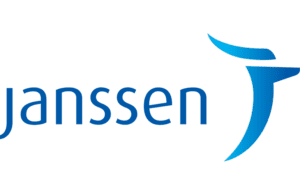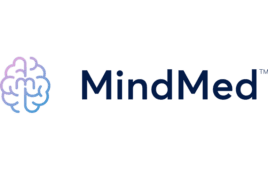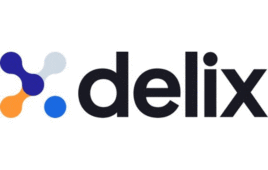 At the European College of Neuropsychopharmacology (ECNP), Janssen presented data on the Phase 3 trial for the recently approved schizophrenia treatment Invega Hafyera, paliperidone palmitate 6-month (PP6M).
At the European College of Neuropsychopharmacology (ECNP), Janssen presented data on the Phase 3 trial for the recently approved schizophrenia treatment Invega Hafyera, paliperidone palmitate 6-month (PP6M).
“We hope that this continues to change the paradigm in treating schizophrenia with long-acting injectables,” said Dean Najarian, associate field director, neuroscience medical affairs at Janssen. “Non-adherence is a major contributor of relapses and associated hospitalizations, and certainly costly to the healthcare systems as well as social dynamics.”
The prospect of a six-month schizophrenia injection can “offer patients and caregivers the potential for a life less defined by their schizophrenia medication,” Najarian said.
Invega Hafyera is the only twice-yearly, long-acting injectable.
Janssen, a subsidiary of Johnson & Johnson (NYSE:JNJ), announced the FDA approval of the formulation on Sept. 1. Approvals in other countries are pending.
FDA approval was based on data from a 12-month, randomized, double-blind, non-inferiority phase 3 global study with 702 patients ages 18 to 70. The mean age in the study was 40.8.
In terms of the phase 3 study design, acutely-ill patients were excluded.
Patients that met the inclusion criteria were “relatively stable patients who were either on an oral antipsychotic had a reason to switch to a long-acting injectable with their investigator,” Najarian said. “Or they were already adequately treated on the one-month or the three-month formulation of paliperidone palmitate.”
The study also included some prior recipients of Invega Sustena, the monthly formulation of paliperidone palmitate, who went through a transition phase to longer-acting formulations of the drug.
The study had a 2:1 randomization with twice as many patients randomized to the six-month versus the three-month formulation in a double-blind fashion.
“Everyone got an injection every three months,” Najarian said. “But the six-month group got an injection with an alternating placebo injection to keep the blind.”
No new safety signals emerged. A total of 92.5% of the Invega Hafyera group remained relapse-free at the end of the study versus 95% of the Invega Trinza group.
Najarian noted that partial adherence to oral medication therapy remains a consistent theme in the schizophrenia treatment landscape. “It’s an inherent problem and, in fact, between 50% to 80% of schizophrenia patients are partially or non-adherent to the oral medications.”
“On average, patients are on four different oral treatments before actually being kind of exposed to the notion of being on a long-acting injectable,” he added. “And at that point, the average patient is about 38 years old.”
Most schizophrenia patients get a diagnosis in their early 20s, often leading to a considerable phase of cycling through various oral medications.
The National Council for Mental Wellbeing and the American Psychiatric Association recently updated their schizophrenia treatment guidance with expanded recommendation of long-acting injectables for appropriate adults with schizophrenia.
Because they are administered in a healthcare facility or pharmacy, “long-acting injectables offer transparency to medication adherence,” Najarian said. “So, if patients miss their appointment, they get a call. It’s a patient-centric approach. It’s shared decisionmaking.”
Filed Under: Psychiatric/psychotropic drugs





Tell Us What You Think!
You must be logged in to post a comment.